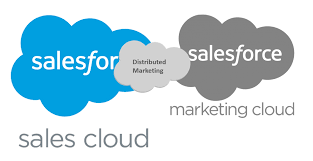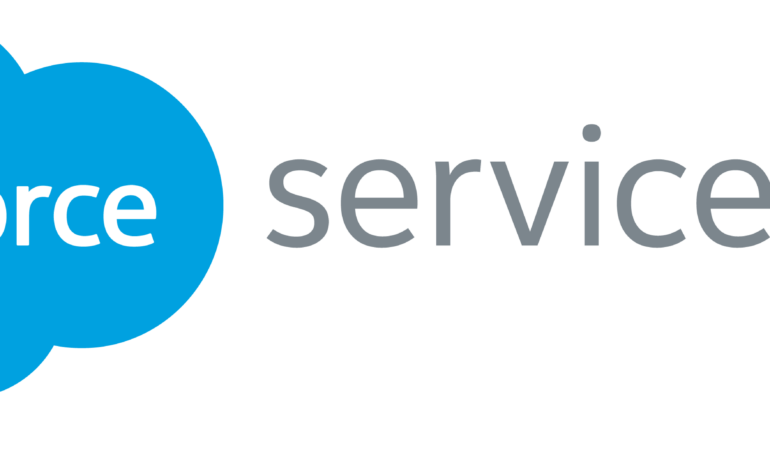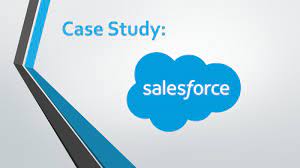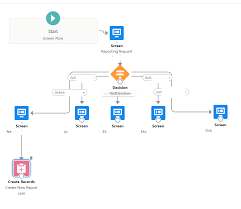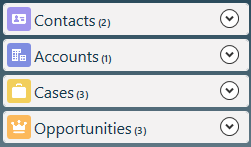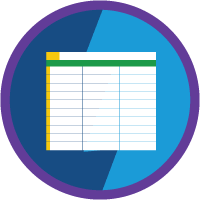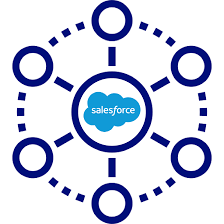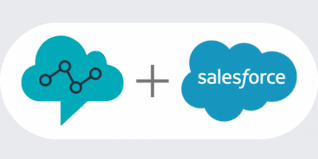Service Genie
Leveraging Salesforce Service Cloud data, Service Genie delivers real-time, personalized customer experiences. Service Genie Unveiled: Revolutionizing Customer Experiences While Service Genie operates within the Salesforce ecosystem, one must distinguish it from other tools dubbed as service genies that are not affiliated with Salesforce. Service Genie, leveraging Salesforce Service Cloud data, is a real-time solution dedicated to providing personalized customer experiences by dynamically integrating data resources and swiftly resolving issues. Salesforce Genie: A Real-Time Platform for Customer Magic Salesforce Genie serves as the real-time platform for customer magic, offering answers to fundamental questions about its functionality. By harmonizing constantly updated data at the millisecond level, it empowers teams to meet customers precisely where they are, ushering in a new era of engagement. Real-Time Expectations and Data Integration In a world where real-time connectivity is expected, Salesforce Genie steps in to make sense of the vast amount of customer data available, doubling globally every 12 hours. The tool seamlessly integrates data from diverse systems, channels, and data streams into a unified customer profile record. This real-time profile becomes the catalyst for unprecedented levels of personalization, akin to magic. Business Impact Scenarios Salesforce Genie significantly improves the customer experience, as illustrated by various scenarios. From preventing unauthorized credit card transactions to automatically pausing marketing interactions during customer service issues, the tool ensures timely and relevant responses. Whether adjusting website offers or providing urgent healthcare guidance, Salesforce Genie proves instrumental in diverse industries. Not Just a Customer Data Platform (CDP) While resembling a customer data platform (CDP), Salesforce Genie goes beyond by funneling an almost infinite amount of dynamic data to Customer 360 in real-time. This continuous update ensures that customer data reflects interactions across various touch points faster than ever. Salesforce Genie supports marketing, sales, service, commerce, data analytics through Tableau, MuleSoft integration, and more. Innovations in Real-Time Connectivity Salesforce Genie stands out with two major innovations. Firstly, its real-time nature collects and unifies data in milliseconds, enabling instant brand actions based on current customer activities. Secondly, it empowers all teams, spanning sales, service, marketing, and commerce, to adapt experiences in real-time to customer dynamics. How Salesforce Genie Works Part of the Salesforce Platform, Salesforce Genie complements the existing transactional database by handling massive volumes of real-time data. It leverages the Customer Graph data models to harmonize diverse data streams into a single customer profile. With lake house architecture, Genie efficiently categorizes and classifies unstructured data, providing a holistic view of the customer. Data Ethics and Security Salesforce Genie prioritizes privacy and data ethics, incorporating consent management and policy automation. The platform is designed in collaboration with the Office of Ethical and Humane Use of Technology to adhere to best practices. The Salesforce Platform adds an extra layer of data policy management, ensuring customers’ data safety and regulatory compliance globally. Service Cloud Genie: Elevating Customer Service The release of Service Cloud Genie signifies a revamped platform architecture, addressing the evolving demands and challenges faced by customer service teams. With features such as Frontline Service, Automated Case Resolution, and WhatsApp-First Business Messaging, Service Cloud Genie maximizes efficiency, automation, and intelligence to deliver exceptional customer service. Tectonic is please to announce Salesforce Service Cloud Implementation Solutions. Like1 Related Posts Health Cloud Brings Healthcare Transformation Following swiftly after last week’s successful launch of Financial Services Cloud, Salesforce has announced the second installment in its series Read more CRM Cloud Salesforce What is a CRM Cloud Salesforce? Salesforce Service Cloud is a customer relationship management (CRM) platform for Salesforce clients to Read more Salesforce Inbox Explained Salesforce Inbox explained. Enhance the productivity of sales reps with Inbox features, enabling efficient management of every email message, whether Read more Overlooked Costs of a Salesforce Implementation Let’s look at some frequently overlooked Salesforce costs. The goal is to provide businesses and decision-makers with a comprehensive understanding Read more


